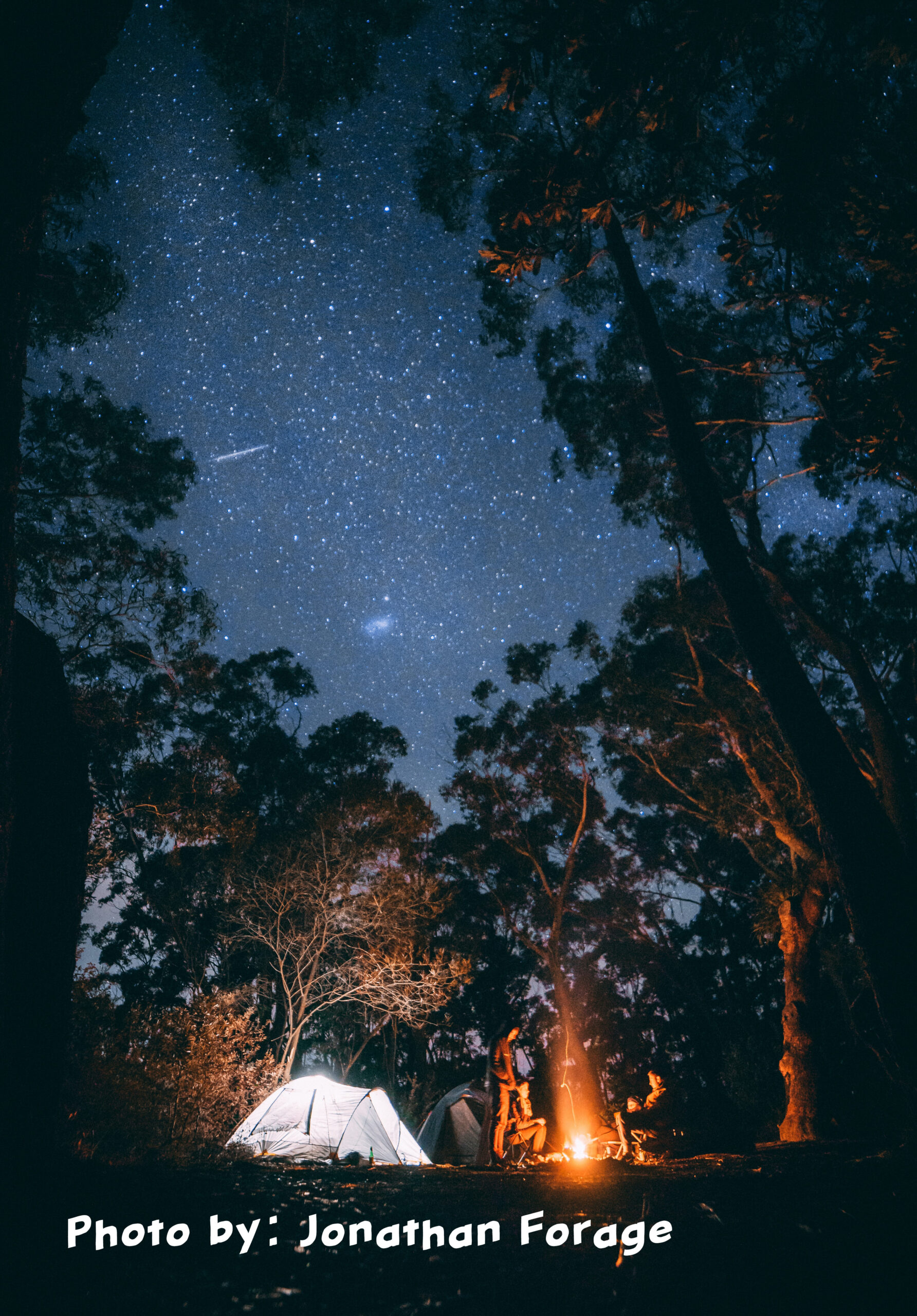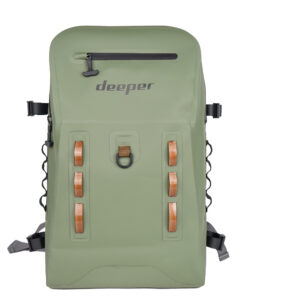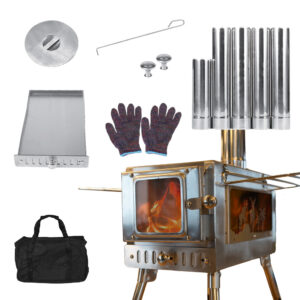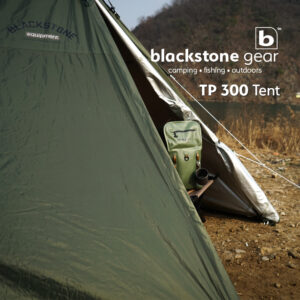Discover the Joys and Challenges of Winter Camping
As the temperature drops and the world transforms into a winter wonderland, camping enthusiasts often pack away their gear, believing the chilly season isn't meant for outdoor adventures. However, winter camping opens up a whole new world of possibilities for those willing to brave the cold. In this post, we'll explore the benefits of winter camping, provide essential warnings, and discuss the equipment you need for a safe and enjoyable experience.
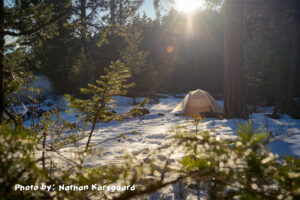
Benefits of Winter Camping:
1. Serene Wilderness: Winter camping offers a unique opportunity to experience the beauty of nature in its purest, most serene form. Snow-covered landscapes and frozen lakes create a tranquil environment that's a stark contrast to the hustle and bustle of everyday life.
2. Avoid the Crowds: Popular camping spots are often crowded during the warmer months. Winter, however, brings solitude. Enjoy the beauty of undisturbed nature without the noise and distractions of a busy campground.
3. Physical and Mental Health: The crisp winter air invigorates the senses and provides a refreshing break from the stuffiness of indoor spaces. Cold weather camping can also be an excellent way to get some much-needed exercise, whether it's hiking through snowy trails or engaging in winter sports.
4. Stunning Scenery: Winter transforms landscapes into breathtaking scenes. Snow-covered trees, frozen waterfalls, and the soft glow of moonlight on snow create a picturesque backdrop for your camping adventure. Don't forget your camera; the photo opportunities are endless.
5. Northern Lights: Depending on your location, winter camping might offer the chance to witness the mesmerizing Northern Lights. Camping in the cold could reward you with a celestial light show that adds a magical touch to your winter expedition.
Warnings for Winter Camping:
1. Cold Exposure: The most obvious challenge of winter camping is the cold. Proper insulation is crucial. Invest in high-quality winter gear, including a well-insulated sleeping bag, layers of clothing, and waterproof boots to keep yourself warm and dry.
2. Shorter Days: Winter days are shorter, and nights are longer. Plan your activities accordingly, and be sure to carry a reliable light source. Darkness falls quickly in the winter, and navigating in the dark can be challenging.
3. Snow Hazards: While snow is a beautiful aspect of winter camping, it also presents its own set of challenges. Be aware of potential snow hazards, such as avalanches in mountainous regions. Check weather and trail conditions before embarking on your journey.
4. Frozen Water Sources: Water sources may be frozen, so plan to bring enough water or the necessary equipment to melt snow for drinking. Hydration is essential, even in cold weather.
5. Isolation: Winter conditions can make travel challenging, and rescue operations may be more difficult. Inform someone about your plans, stick to well-traveled routes, and be prepared for self-rescue if necessary.
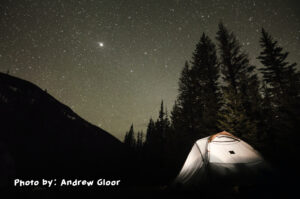
Equipment for Winter Camping:
1. Insulated Sleeping Bag: Invest in a sleeping bag with a temperature rating suitable for winter conditions. Look for down or synthetic insulation for maximum warmth.
2. Layered Clothing: Dressing in layers helps regulate body temperature. Use moisture-wicking base layers, insulating mid-layers, and waterproof outer layers to stay warm and dry.
3. Winter Tent: Choose a four-season tent designed to withstand snow and wind. Make sure it is well-ventilated to prevent condensation inside.
4. Snowshoes or Skis: Depending on the terrain, snowshoes or skis can be essential for efficient travel through deep snow.
5. Snow Shovel: A compact snow shovel is handy for clearing snow around your campsite and digging snow shelters if needed.
6. Stove and Fuel: Traditional campfires may be challenging in winter, so a reliable stove with sufficient fuel is essential for cooking and melting snow for water.
7. Navigation Tools: GPS devices, maps, and a compass are crucial for navigating winter landscapes, especially in areas with heavy snowfall.
8. Emergency Kit: Pack a comprehensive emergency kit with items like a first aid kit, emergency shelter, fire-starting materials, and a multi-tool.
Winter camping can be a magical and rewarding experience for those who are well-prepared. Embrace the chill, enjoy the pristine beauty of winter landscapes, and create memories that will last a lifetime. By understanding and mitigating the challenges and having the right equipment, you'll ensure a safe and enjoyable winter camping adventure. So, bundle up, grab your gear, and let the winter wilderness be your playground. Happy camping!

